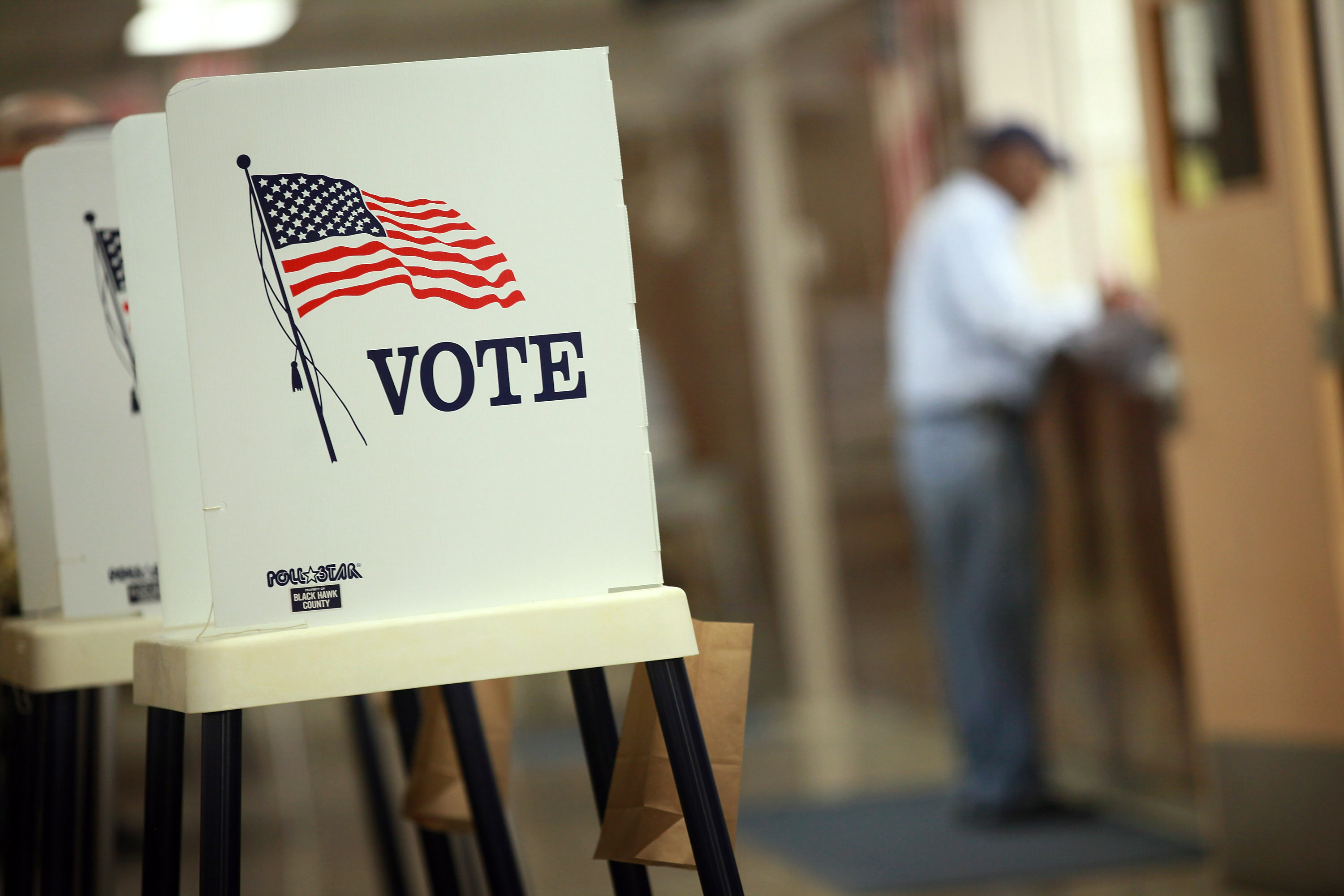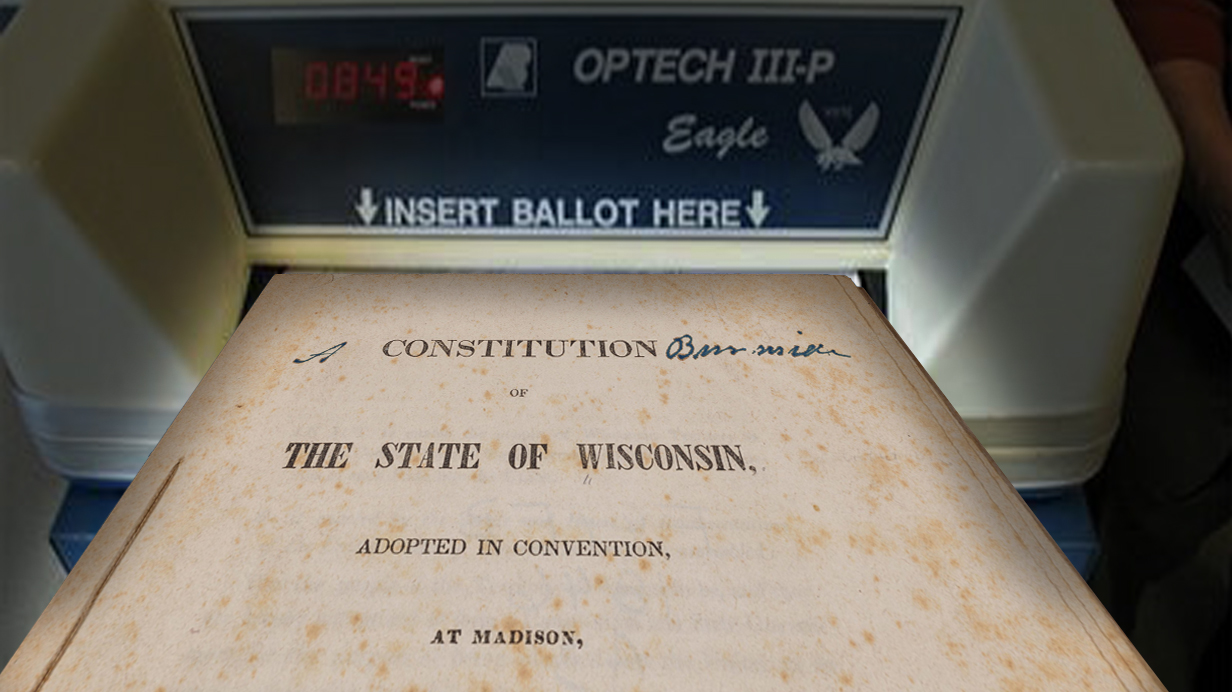By James Wigderson
Special Guest Perspective for the MacIver Institute
Somewhere in the bowels of the New York Times, I’m imagining a WOPR-like machine from the movie War Games is asking Nate Silver, “Would you like to play a game?”
It was a rough night for those of us who thought we knew better than the polls and were complaining about “oversampling” of Democrats. As Taegan Goddard wrote on Twitter Tuesday night, the election oversampled Democrats. In other words, when in doubt, trust the polls.
That is not to say to trust all of the polls. When the smoke clears, some pollsters are going to have to answer for some weird results. But the coming meltdown of telephone polling due to cell phones is still not here.
The election results Tuesday night were certainly frustrating for Republicans. They were expecting the turnout machine from the Walker recall to finally win Wisconsin for the GOP, but their hopes were beaten like a piñata.
Every four years, analysts ask, “What were the voters thinking?” This election year it might be harder than most to try to discern a purpose. Unemployment is nearly 8 percent and there are fewer people working now than when President Barack Obama took office. Our country faces a staggering debt burden, made more difficult by the addition of $6 trillion under Obama.
The country is also facing the “fiscal cliff” between now and the end of the year. The president and congress will have to figure out how to handle a 2% payroll tax increase for workers, the end of the Bush-era tax cuts, and the beginning of new taxes from ObamaCare. On top of all of this is the sequestration issue, which means more layoffs.
Yet the end of the presidential race focused on dumb comments about rape, binders of women, Big Bird and Bruce Springsteen appearances. The only positive promise by Obama was to create a “Secretary of Business,” a position that promises to do for American businesses what the Secretary of Energy did for our nation’s energy independence.
For an election season that really began when Sandra Fluke begged congress to pay for her birth control, it appropriately ended with an Obama ad comparing voting for the first time to losing one’s virginity.
But the Obama campaign was catering to the public. According to the Washington Post, exit polling showed roughly 60% of voters said that the economy was their top issue. But of that group, Romney was only getting 52 percent of the vote to 46 percent for Obama. The public is still not holding Obama responsible for the economy, preferring instead to blame his predecessor, George Bush.
That is not a formula or a mandate to fix anything, and it shows in Obama’s narrow margin of victory, even if that narrow margin was not reflected in the Electoral College. In fact, Obama became the first president since Franklin Roosevelt to actually lose states he won previously and still win re-election.
The only national figure that still has a plan to bring entitlement programs under control, rein in government spending and reduce taxes is Congressman Paul Ryan. It’s probably no coincidence that Ryan is from Wisconsin, where Governor Scott Walker survived a recall attempt earlier this year defending his budget reforms.
Walker’s agenda of making real changes to Wisconsin’s government to bring public employee costs under control helped Assembly Republicans gain at least one seat and put Senate Republicans back in the majority.
At the state level, the voters seem to have embraced a record of positive change and fiscal responsibility. They seem to like the direction Republicans are taking the state and they trust Republicans with the stewardship of the state’s economy, in large part because they see a real alternative agenda.
But on the national level, they don’t yet trust the Republicans to be different than the Bush-era Republicans, and the voters will not just embrace the generic Republican presidential candidate. Ryan and Walker urged Mitt Romney’s campaign to be about something bigger than just being an alternative to Obama. As it turns out, they were right.




